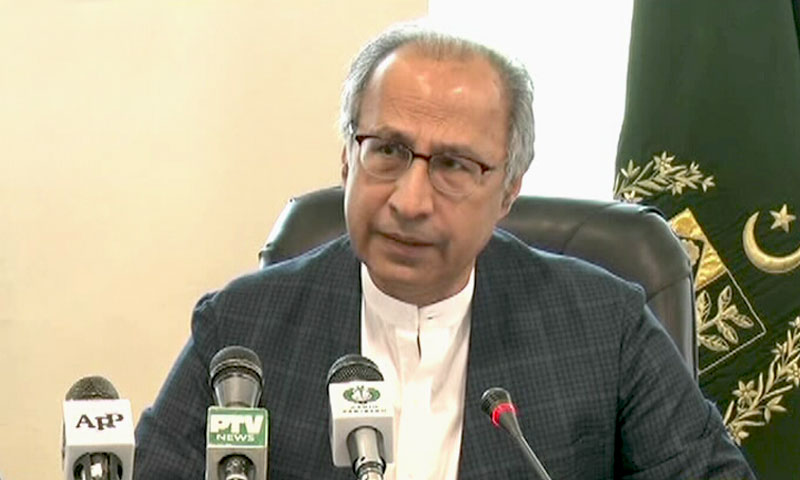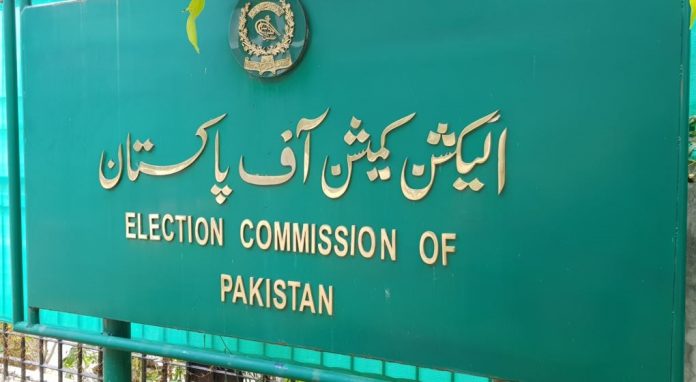
He was addressing a press conference a day after the Executive Board of the IMF approved a $6 billion bailout package for Pakistan and immediately released $1bn to ease a sustained pressure on the country’s foreign exchange reserves.
“We will take difficult decisions,” Shaikh said, adding that measures would be taken to protect the vulnerable segments of society. He said the government had in its recently unveiled budget raised allocations for the poor classes and women and provided incentives for the business community.
Terming the IMF decision as “very important”, he said international forces and institutions will be satisfied to note that “Pakistan has been given a show of support by an institution whose basic objective is to assist its member states at a time when they need help”.
He said no member of the IMF Executive Board had opposed the loan program for Pakistan. He said the approval of the Extended Fund Facility by the IMF had “sent across a positive message about Pakistan, encouraging other international financial institutions to release funds to Pakistan”.
According to Hafeez, the Asian Development Bank would also be providing $3.4 billion dollars additional funds, $2.1 billion of which would be released this year.
“World Bank will also give additional funds to Pakistan. These funds will be used for budgetary support,” he added.
He said the PTI government had inherited a debt of nearly $31,000 billion and the economic managers had taken several decisions to return these loans, one of which was approaching the IMF.
Briefing the media on the recently concluded assets declaration scheme of the government, the finance adviser said the primary objective of the scheme was to raise the number of future taxpayers and allow people to whiten their money.
A total of 137,000 people registered for the tax amnesty scheme, Shaikh revealed, adding that the number was the highest for any scheme in Pakistan’s country and included over 100,000 people who were previously non-filers.
The citizens deposited nearly Rs 70 billion in taxes and declared about Rs 3,000 billion worth of assets under the programme, he added.











